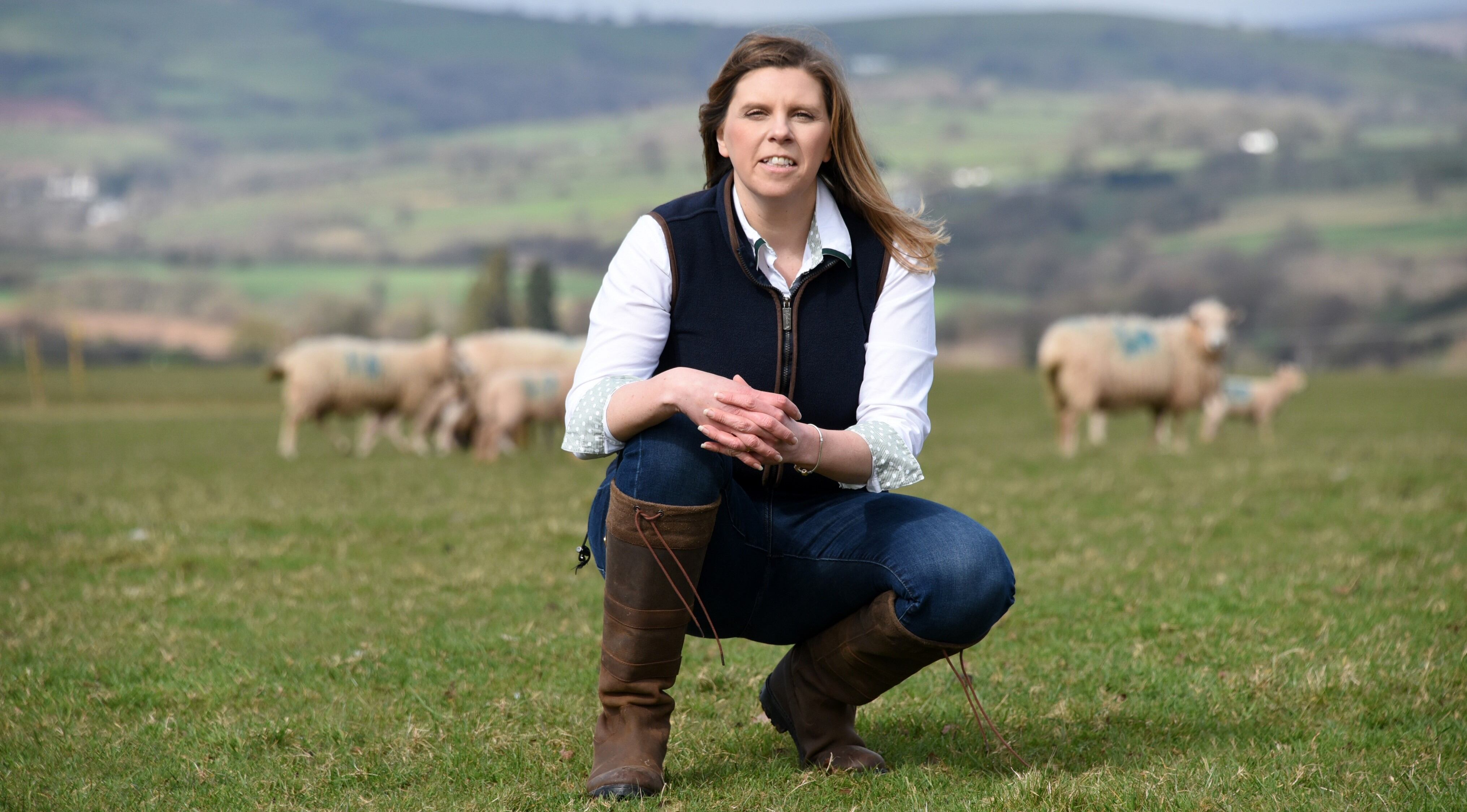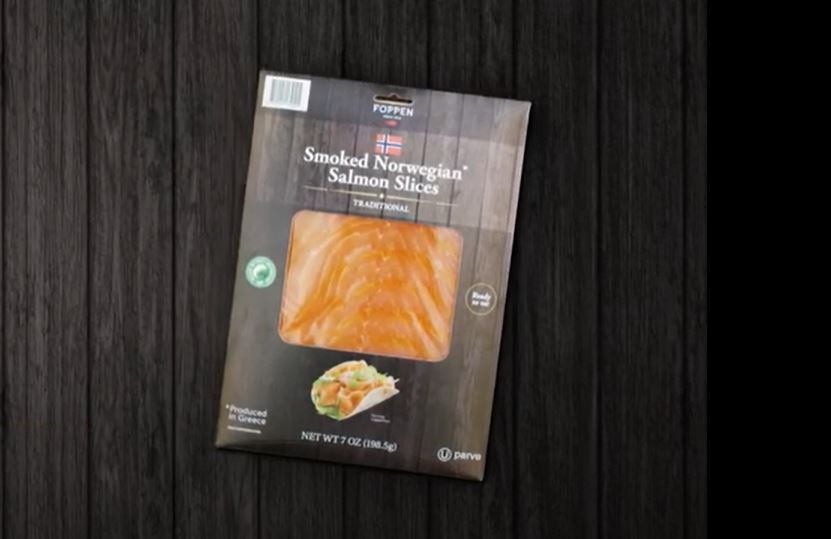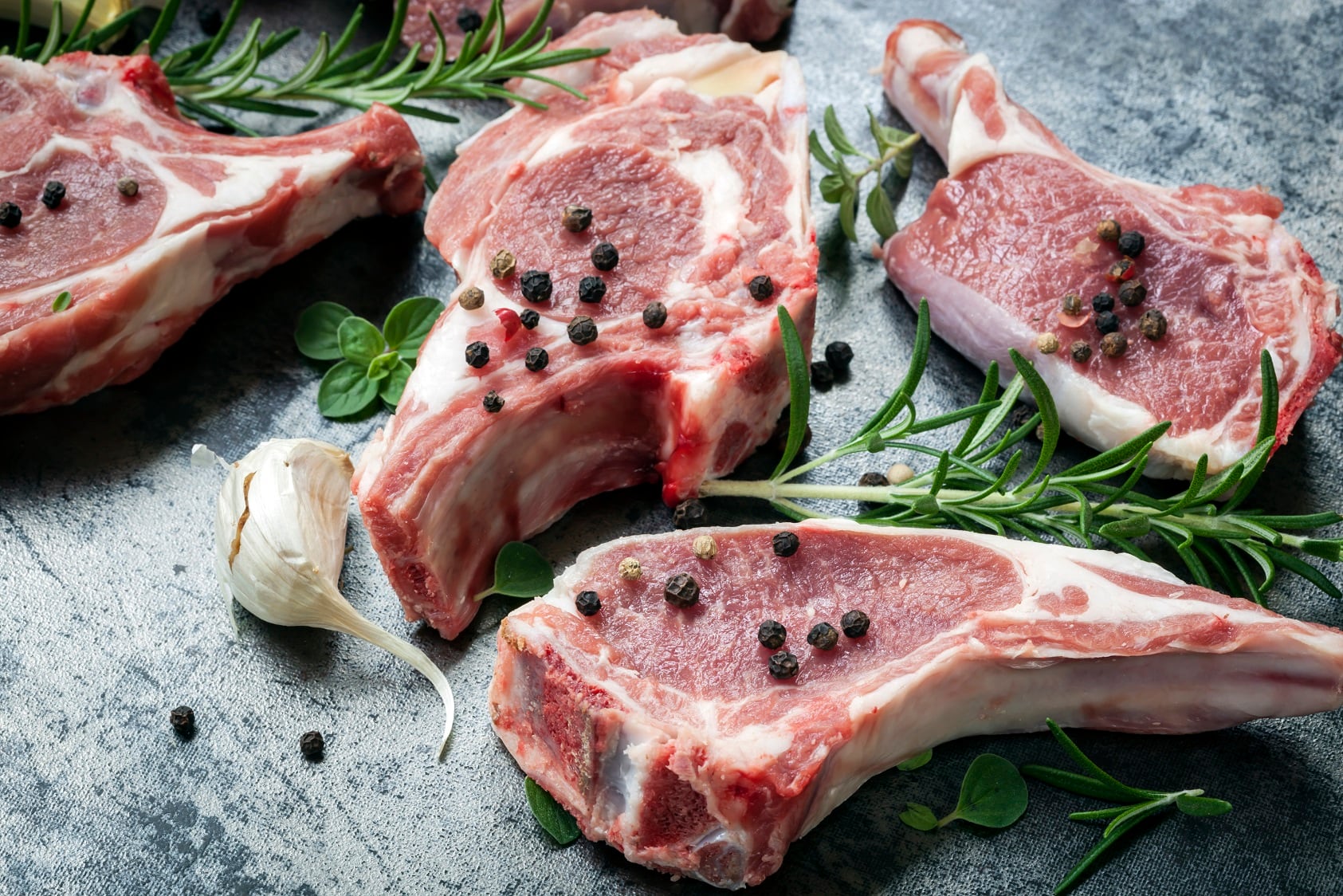Her words follow a continued period of uncertainty for UK food and drink producers, fuelled by the continued presence of COVID-19, labour shortages and the ongoing fallout of the UK’s split from the EU.
“After four years of Brexit uncertainty, farmers and processors have been able to plan ahead in the past 12 months, and are looking to 2022 with some confidence despite the continuing Covid pandemic,” said Smith.
Exports down
While she acknowledged that the overall value of UK lamb exports down around 16% and beef by 10%, she highlighted the complex reasons behind these figures.
“Yes, Brexit has added administrative burdens on exporters, and has been one of the factors behind labour shortages in food processing and haulage,” Smith continued.
“But importantly, strong domestic demand has meant that less product has been available for export, which has undoubtedly impacted the figures. Covid has also interrupted trade with the foodservice industry.”
Smith emphasised the need for a healthy balance between home and export consumption to ensure the long-term prosperity of the beef and lamb sectors.
Domestic and overseas opportunities
“As shopping patterns return closer to pre-Covid norms, we have to make sure we’re in a position to take full advantage of both domestic and overseas opportunities,” She added. “HCC has exciting plans in 2022 to support the foodservice sector as it hopefully returns closer to normality, both at home and abroad.”
However, she warned that policy makers needed to state vigilant in the rush to sign trade deals, in order to maintain standards and secure proper protections for both producers and consumers.
“We have some of the best welfare and environmental standards in the world here; allowing unfair competition from abroad is bad for the customer and bad for the environment,” Smith concluded.
Meanwhile, £2.7bn was wiped off UK food and drink exports in the first three quarters of 2021, compared to pre-pandemic levels, driven largely by a drop in exports to the EU.





